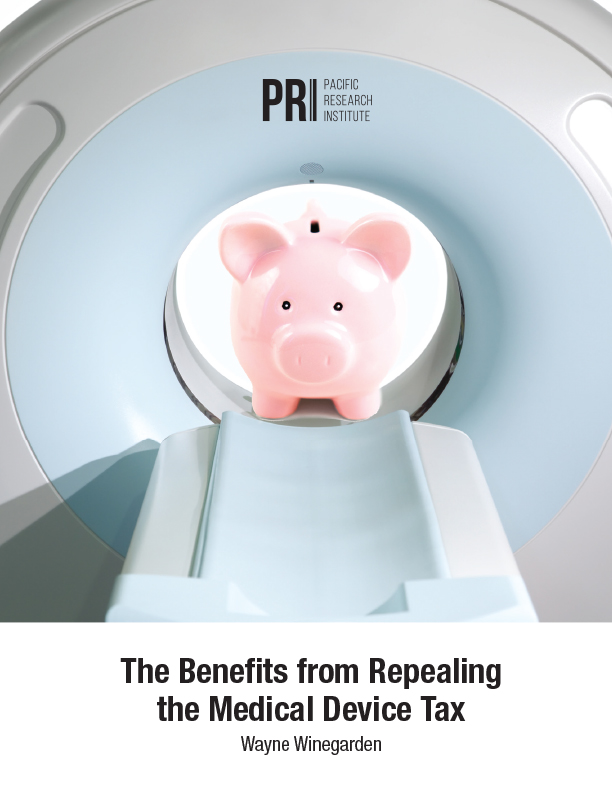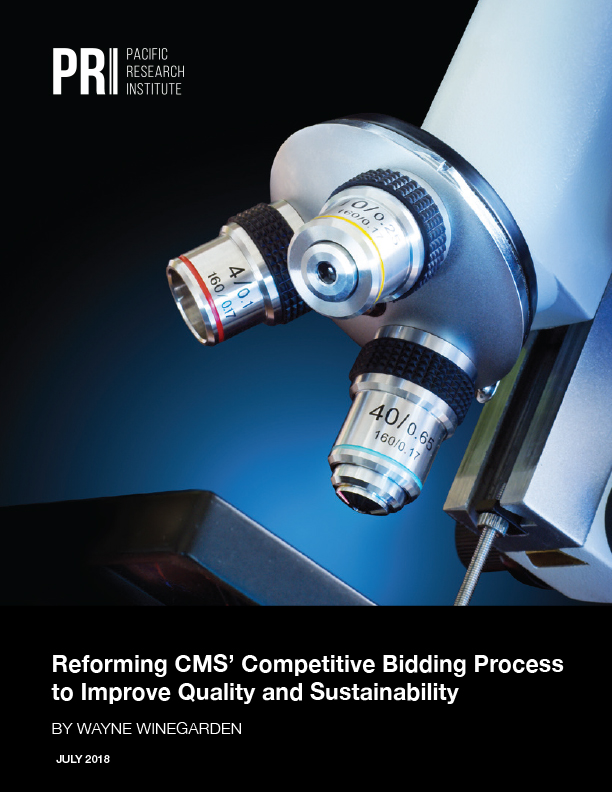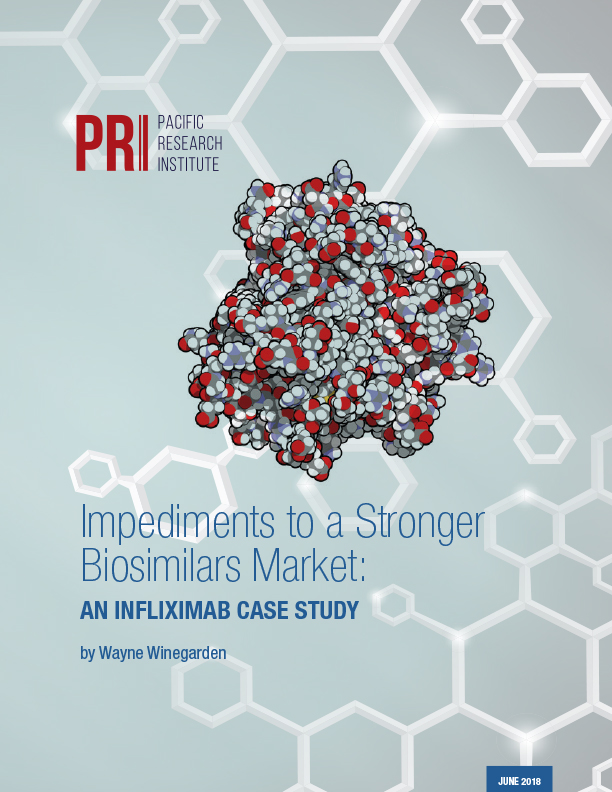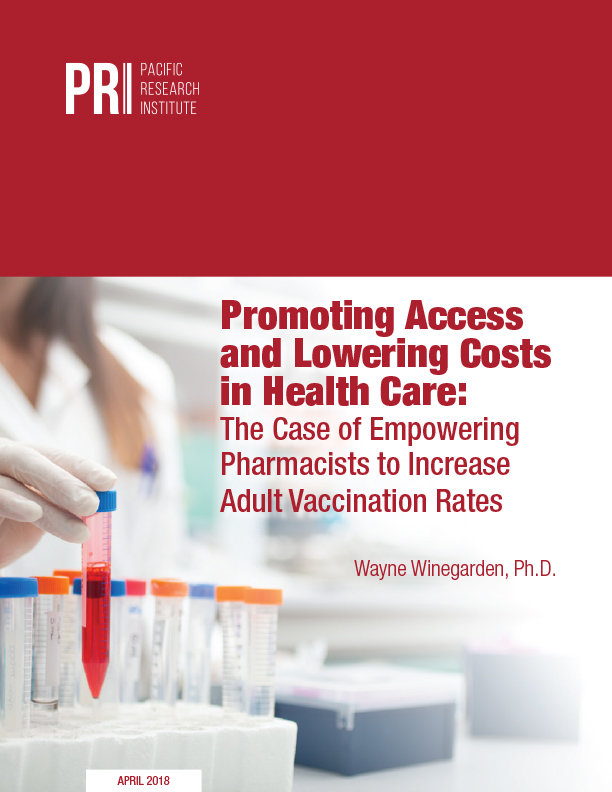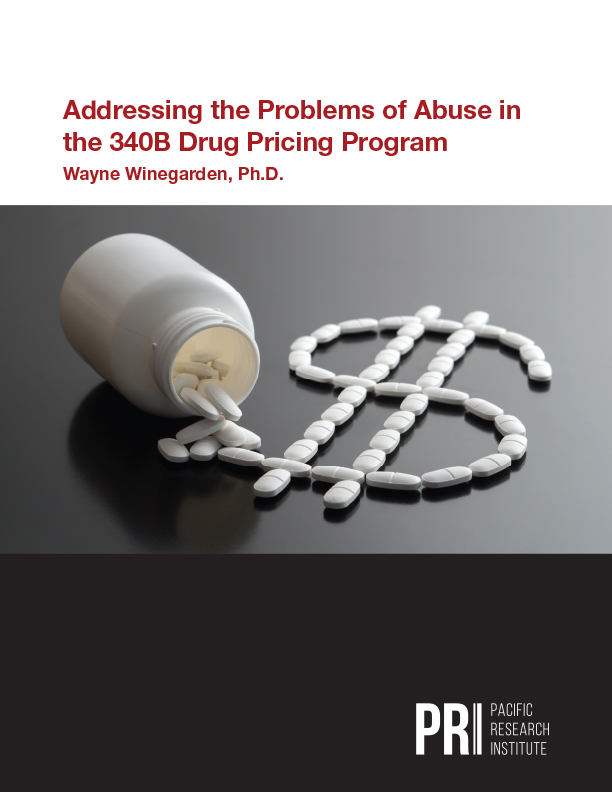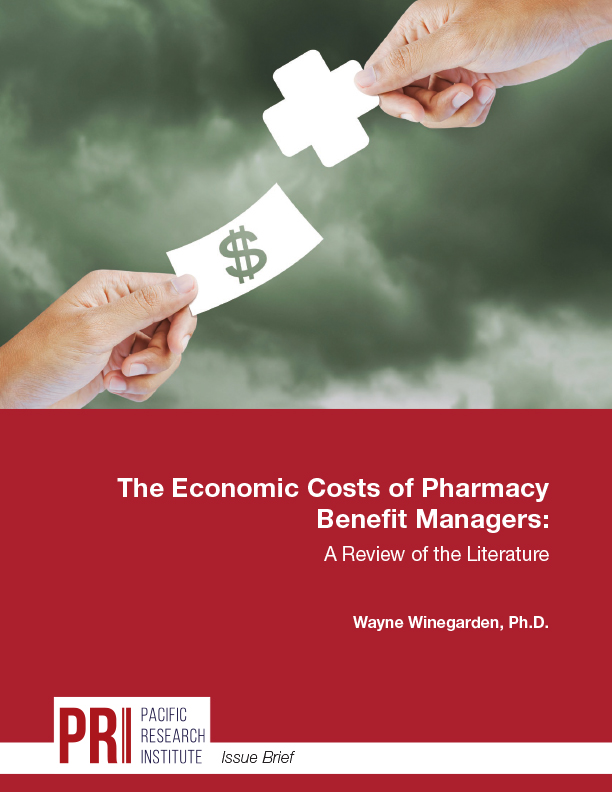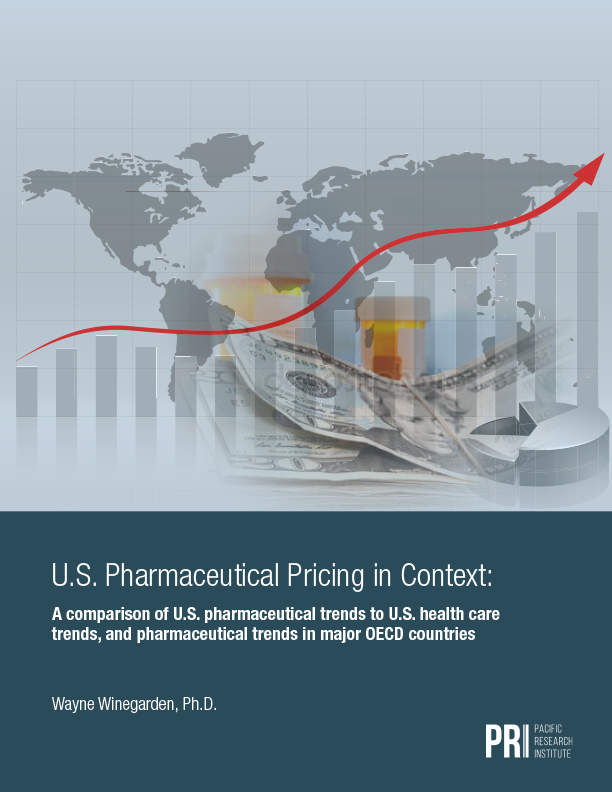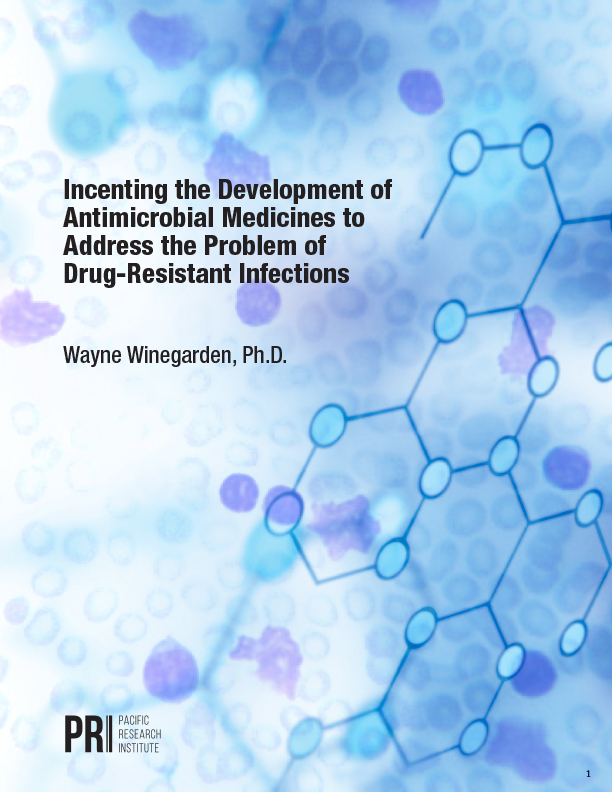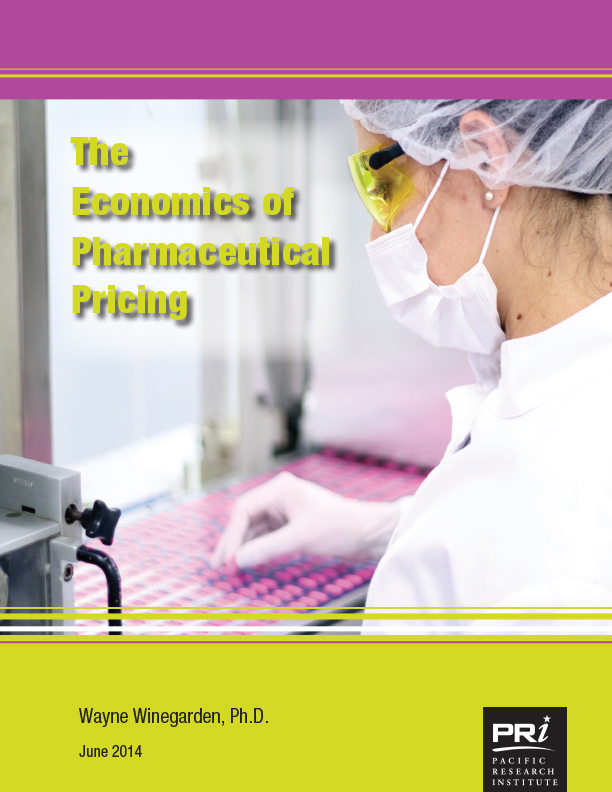NEW BRIEF: Broken System Imposes Higher Out-of-Pocket Costs on Patients, Puts Interests of Government and Insurers First
America’s broken third-party healthcare payment system prioritizes government and insurance companies as the largest payers, leaving patients with higher out-of-pocket costs, greater exposure to healthcare financial risk, and reduced access to care - finds the latest paper in the Coverage Denied series released today by the Center for Medical Economics and Innovation at the nonpartisan Pacific Research Institute. Click here to read the brief “The healthcare marketplace should prioritize the needs of patients, but our broken third-party payment system caters to insurers...


